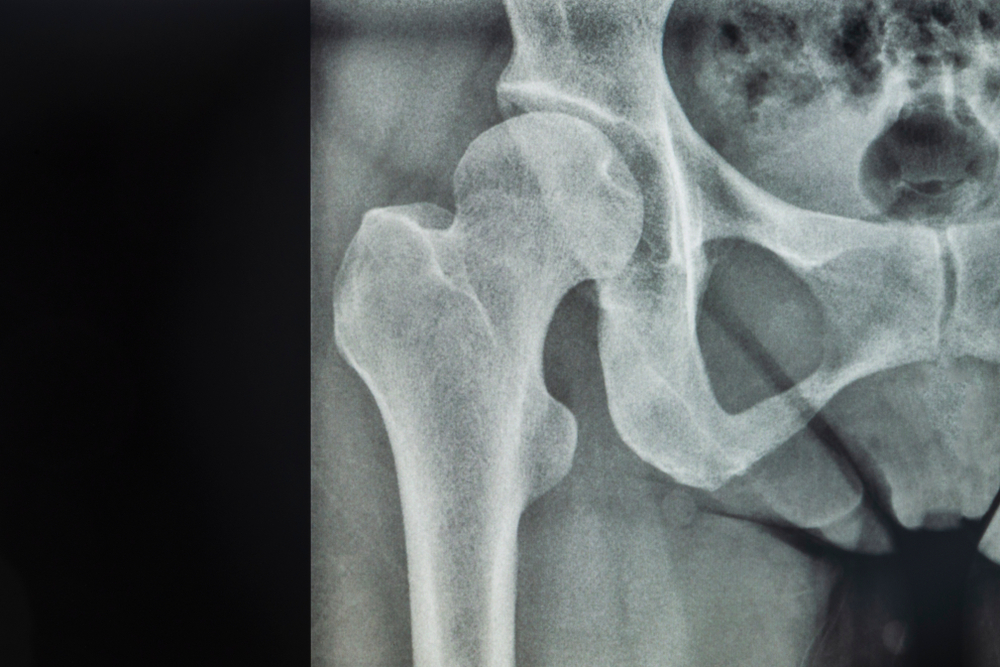Hip pain is a common concern, especially as we age, and one of the leading causes is osteoarthritis. Osteoarthritis, a degenerative joint disease, affects various joints in the body, with the hips being particularly vulnerable. As physiotherapists, we often encounter individuals grappling with hip pain, which can significantly impact their daily activities at home, work, and during sports. In this blog, we will explore the reasons behind the prevalence of osteoarthritis in the hips and provide five key strategies to reduce the likelihood of this condition affecting one’s quality of life.
Understanding Osteoarthritis in the Hips
Osteoarthritis is characterized by the breakdown of cartilage in the joints, leading to pain, stiffness, and reduced joint mobility. The hips are commonly affected due to several factors:
- Weight-bearing nature of the hips: The hip joints bear a significant portion of our body weight, making them prone to wear and tear over time. Excess body weight can further contribute to increased stress on the hip joints, accelerating the development of osteoarthritis.
- Age-related changes: As we age, the natural wear and tear on the joints accumulate, resulting in a higher likelihood of osteoarthritis. The aging process can lead to a gradual breakdown of the protective cartilage in the hip joints.
- Genetic factors: Some individuals may be predisposed to osteoarthritis due to genetic factors that influence the strength and integrity of their joint structures.
- Joint misalignment: Abnormalities in hip joint structure or alignment can contribute to increased stress on specific areas, hastening the onset of osteoarthritis.
- Previous injuries or overuse: Injuries to the hip joint, as well as overuse or repetitive stress, can contribute to the development of osteoarthritis. This is particularly common in athletes or individuals with physically demanding occupations.
Strategies to Reduce the Impact of Hip Pain
- Maintain a Healthy Weight: Managing body weight is crucial in preventing and managing hip osteoarthritis. Excess weight puts additional stress on the hip joints, accelerating the wear and tear of cartilage. Adopting a balanced diet and engaging in regular physical activity can help achieve and maintain a healthy weight.
- Stay Physically Active: Regular exercise, especially activities that promote joint flexibility and strength, can help support the hip joints. Low-impact exercises like swimming, cycling, and walking can be beneficial. Consult with a physiotherapist to design a personalized exercise program that suits individual needs and limitations.
- Prioritize Joint-Friendly Nutrition: Consuming a diet rich in anti-inflammatory foods, such as fatty fish, fruits, vegetables, and whole grains, can help manage inflammation associated with osteoarthritis. Proper nutrition contributes to overall joint health and can reduce the impact of hip pain.
- Use Joint Protection Techniques: Employing proper body mechanics and joint protection techniques in daily activities can minimize stress on the hip joints. This includes using assistive devices when necessary, maintaining good posture, and avoiding prolonged periods of immobility.
- Attend Physiotherapy Sessions: Physiotherapy plays a pivotal role in managing hip osteoarthritis. A qualified physiotherapist can assess the individual’s condition, develop a tailored exercise program, provide manual therapy, and offer guidance on pain management strategies. Regular physiotherapy sessions can significantly enhance joint function, reduce pain, and improve overall mobility.
Conclusion
Hip osteoarthritis is a common condition that can significantly impact one’s daily life. By understanding the reasons behind its prevalence and adopting proactive strategies, individuals can reduce the risk of developing hip osteoarthritis and better manage its effects. If you’re experiencing hip pain, have had hip tweaks, or are awaiting hip replacement, consider scheduling an initial appointment with our team of physiotherapists at North 49 Physical Therapy. Simply call the clinic at 306-343-7776 or book online by clicking HERE. We are here to help you Move Better & Live Better by developing a personalized treatment plan tailored to your needs.
Don’t let hip pain limit your enjoyment of daily activities – take the first step towards a healthier, more active lifestyle.

